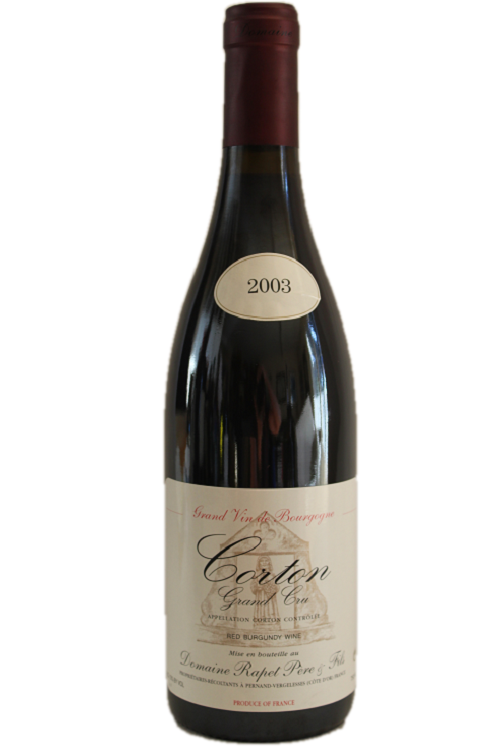What is Terroir? Does it matter?
Terroir should be easy to understand as a general idea; it’s at the margins that it becomes hazier and open to some debate. Terroir has as a part of its name the French word “terre”, meaning land, so this is the obvious starting point. I have heard terroir described as the “somewhereness” of wine; that distinctive quality brought to a wine by its origins; that piece of earth in which the vines are planted. So, as a minimum then, terroir includes geography, soil, aspect, climate, slope, exposure; those elements out of the control of man. These elements of terroir generally apply to a region, say Bordeaux or Pauillac in Bordeaux, irrespective of man’s involvement. The French AOC wine appellation system is based on terroir. This is a system that legally enshrines a long history of knowledge about where the best grapes are generally grown. But man selected the vines, decided on the grape variety (ies), the clones, and decided on the scion / rootstock combinations. Man decided how to prepare the soils, the row orientation of the vines, the spacing density, and the type of trellising to be employed. These are decisions that once made, have a long term impact on the resulting grapes and therefore, I argue, become a part of terroir. But this terroir is less regionally defined as it includes the hand of man. Let’s take as an example the Grand Cru vineyard Clos Vougeot. This is a terroir so it is uniform? No, with Clos Vougeot, there are variations in soils and slopes though, at least according to French AOC (terroir) law, the entire Clos is homogeneous enough to have the same appellation. However, the hand of man is important because even neighboring plots produce different grapes as a result of man’s decisions. Note, I do not say produce different wines as wines are further affected by elements, not a part of terroir. These are annual (read short term) viticultural decisions and also winemaking philosophies and practices. Clos Vougeot has scores of owners. Do I exclude winemaking from terroir? Yes, I do. It can be argued that gifted, caring, passionate winemakers can extract the best from their terroir but, outside of their long lasting actions discussed above, are not a part of terroir. So, thus far, terroir broadly consists of factors outside of man’s control and some long term aspects of man’s influence but not decisions such as whether to farm organically, when and how much to irrigate if allowed, use of fertilizers and chemicals, selection of harvesting dates. It is possible for each owner of a plot to greatly influence the output of the plot in a way that meaningfully impinges on the overall homogeneity but is not a part of terroir except to the extent that these specific practices are applied long term thus changing the terroir of a specific plot.
To further complicate matters, the French refer to “gout de terroir” the taste of terroir. What they mean is that they can taste where the wine come from, as a terroir correctly delineated, lends a unique quality to the wines. So competent wine tasters will identify Burgundy or Bordeaux and smaller appellations within these larger terroirs. Unfortunately, there are individuals who take the phrase literally, taste of the land or earth. There are wines that taste earthy but based on this alone, a taster who says I can taste the terroir is probably wrong.
Why do we care? There is no doubt that some of the most identifiable places in the world to make wines are well known. The consumer is thus guided in purchasing, both as to what to expect in the glass and what is a reasonable price. Growers care because it helps guide their investments and acts as a broad marketing umbrella.
Is there an ideal terroir? Leaving aside the impact of climate change, I would argue that a great terroir offers a great geography and climate for wine grape production. A site that will reliably ripen grapes to optimum maturity over the full length of the growing season with minimal intervention is a great terroir. The grapes harvested will be phenolically ripe, have sugar ripeness, perfect balance of acid, moderate potential alcohol levels, balanced crop levels, ideal must composition, no rot, little or no need to sort grapes before commencing winemaking. If the winemaker can make the wine of his or her dreams, truly representative of the terroir, with minimal manipulation, that is terroir! Producers with less than perfect terroir have to work harder!
I have barely brushed the surface of terroir. Many more discussions of terroir will come in future articles.
Want to taste a wine from a quality, identifiable terroir? Click on the bottle below.
Selected by Peter Koff MW
.
Want to receive complimentary educational posts via email?
Please subscribe below.
Copyright © 2018 GreatWine2U.com. All rights reserved.


